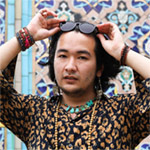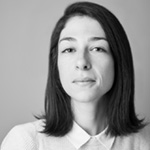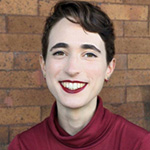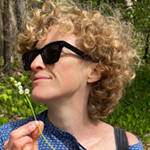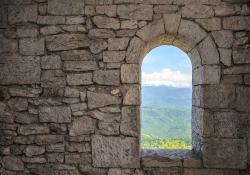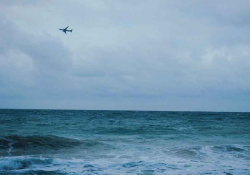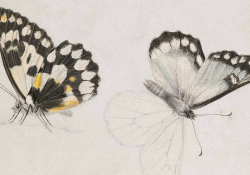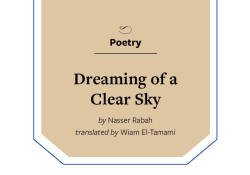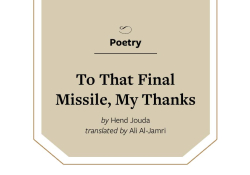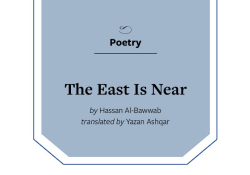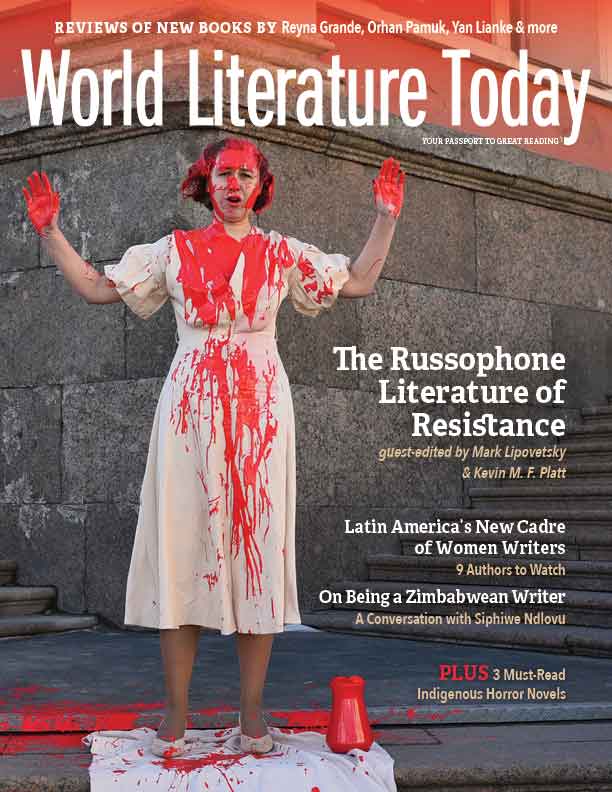Адыгэм я лъэпкъгъэкlуэд

a serbian migrant worker steps out
into the white
like the mediterranean sea
like the bitter turkish tobacco-covered russian earth where
no one of his yet lies
like the white tsar’s yatagan which they dreamed of biting with smoke-stained shot-through teeth
like the menstrual blood of his dead bosnian girl who always called herself
the ultimate virgin flesh of yugoslavia
a reminder that love power and God are ongoing
night
of the slavic sky over nevsky caddesi
and says in unaccented turkic for the first time:
come in dear guests and sit at my table
come into my house my doors are open
all who weren’t saved by the turkish sultan
Gel, gel, ne olursan ol yine gel,
İster kafir, ister mecusi, ister puta tapan ol yine gel,
Bizim dergahımız, ümitsizlik dergahı değildir,
Yüz kere tövbeni bozmuş olsan da yine gel . . .1
BOŽE
ar rahman nir raheem
AKO UMREM MLAD
POŠALI ME U RAJ
U PAKLU SAM
VEĆ BIO2
how good to find oneself in a world
with a few genocides less
February 1, 2022, Antalya
“Come, come, whoever you are, come! Be you unfaithful, be you a fire-worshipper, be you an idol-worshipper, come all the same! Our cloister is not a home of hopelessness, You may have sinned a hundred times—come all the same.”—Abu Said Maihani, often attributed to Mevlânâ (Rumi)
2 “O God, the Entirely Merciful, the Especially Merciful (Arabic), if I die young, send me to heaven. I have already been in hell” (Croatian).
Translators' note: In the title, the Circassian muhajirun (Адыгэм я лъэпкъгъэкlуэд in Kabardian Circassian) refers to the forced migration (muhajir) of the Circassian/Cherkes people, as well as the related Abaz (Abazin, Abkhaz) and Ubykh people, to the Ottoman Empire during and after the end of the Caucasian War (1817–64). The Supreme Soviet of Kabardino-Balkaria in 1992 and the parliament of Adyghe in 1994 used the term “Circassian genocide” or “Tsitsekun.”
